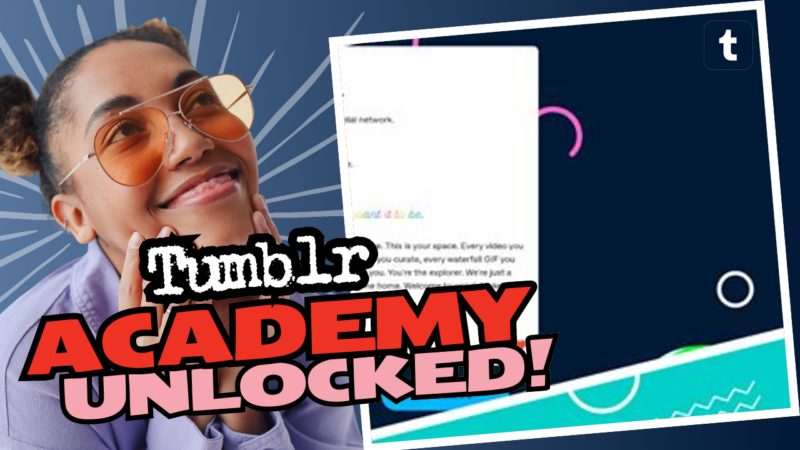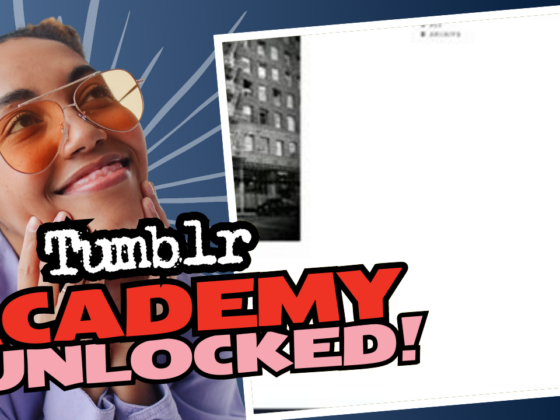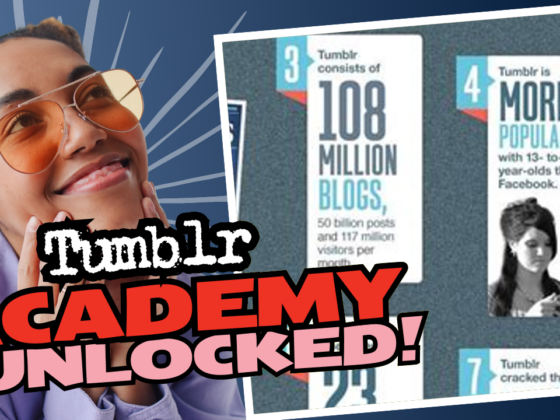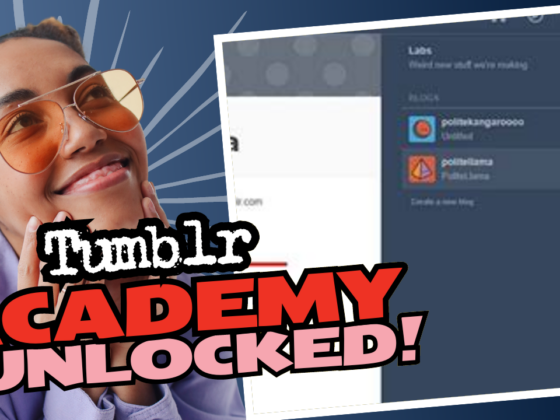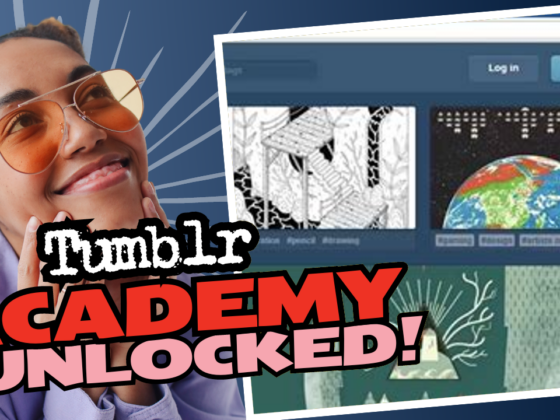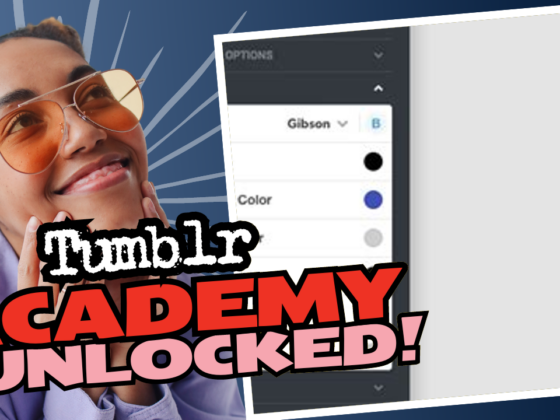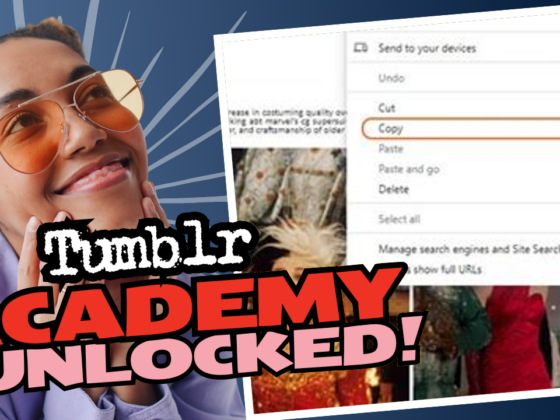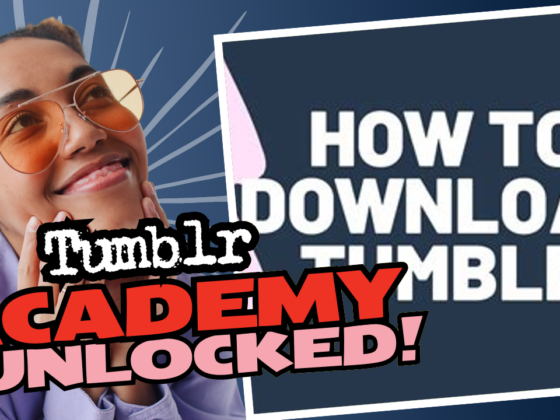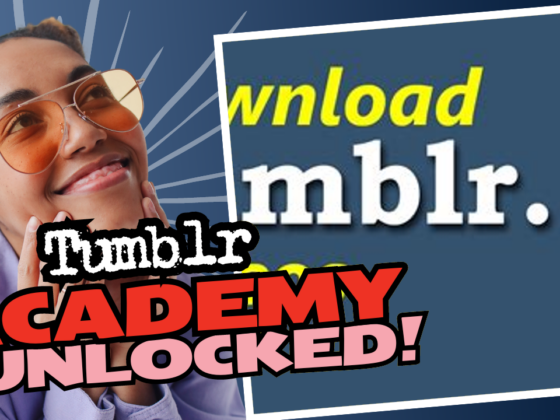Who Owns Tumblr? A Rollercoaster Ride of Ownership
Ah, Tumblr—a platform that many used to describe as the internet’s wild, colorful canvas where everything from fandoms to NSFW content thrived. But instead of being held in a fond embrace, it often feels like it’s being treated like an old car that nobody wants anymore. With a history of ownership changes you’d expect in a soap opera, let’s unravel the myriad of souls who have claimed ownership of this quirky digital landscape.
How Tumblr Got Sold Like Hotcakes
First, let’s rewind to a time when Tumblr was acquired by Yahoo in 2013 for a whopping $1.1 billion. Yes, that’s right—over a billion dollars for a platform that, let’s be real, gives off a vibe of late-night internet rabbit holes and chaotic creativity. Who could forget the iconic blog aesthetics, the GIF wars, and the unfiltered freedom? Yahoo was all in, but alas, their enthusiasm didn’t exactly translate to success.
Fast forward to 2019 when Verizon, Yahoo’s parent company, decided to sell Tumblr. What was the selling price? A meager *$3 million*. Yep, you heard right. From billions to chump change, Tumblr went from a “golden goose” to a “what’s that?” in mere years. So, was Yahoo just throwing money at something shiny, or did they genuinely believe they could harness its chaotic energy? Spoiler alert: they fumbled the ball, and the repercussions echoed across the internet.
Was It a Case of Bad Decisions?
To say that Yahoo mishandled Tumblr is like saying a toddler mishandles a plate of spaghetti—it’s a vast understatement. Under the reign of CEO Marissa Mayer, the platform had *strategic blunders* that left its user base scratching their heads. One of the biggest blunders? The infamous NSFW ban. Much to the dismay of avid users, they decided to ban adult content, not realizing that this was a critical part of Tumblr’s identity.
By doing this, Yahoo effectively distilled the once lively atmospherics of Tumblr into a drab, lifeless shell. This was a platform that had housed a vibrant community of artists, fan fiction writers, and yes, adult entertainers. So, in one fell swoop, they managed to push away a huge chunk of their creatives while their target audience fled to platforms like Reddit or OnlyFans—where, let’s face it, adult content is more welcome.
The Acquisition Saga Continues
In 2019, Automattic, the parent company of WordPress, took the reins of Tumblr. What could go wrong? Well, by this point, let’s just say the user base was not exactly filled with optimism. Automattic had big dreams of revamping the platform, but many users were skeptical. Would they restore Tumblr to its former glory? Or would this be yet another disastrous chapter in a long line of mismanagement?
Based on Current Trends… What’s Next?
Now, with the ongoing evolution of social media, it begs the question: does WordPress even have a game plan for Tumblr? Matt Mullenweg, co-founder of WordPress, hinted at the vibrant younger demographics (the Gen Z’ers, if you will) clamoring for spaces that cater to their unique needs. You can’t help but wonder if this acquisition could actually be Agile enough to cater to a diverse user base once again—a wishful thought, but still, a thought nonetheless.
The Parody of a Failed Experiment
Let’s not kid ourselves; when we think about the ownership saga of Tumblr, it feels a bit like that awful relationship we all had in our early twenties—early highs, followed by a series of regrettable mistakes. The saga is laughable but painfully illustrative of corporate misunderstandings. It’s as if every company that took a chance on Tumblr went and bought the wrong flavor of chips from the store. Yahoo’s acquisition was treated like a golden opportunity, yet they walked out with a bag of stale, off-brand potato snacks.
As former users point out, under Yahoo, Tumblr became a mere shadow of itself, losing its unique blend of user-submitted content in favor of strict content policies that didn’t make any sense for its community. And honestly, you could hear the groans reverberating through the dark corners of the internet, as people screamed at their screens, “Noooooo! What are you doing?”
To Be or Not to Be NSFW
And then came the contentious issue of the NSFW ban. Tumblr had a unique niche where explicit content could blossom alongside creative art and thoughtful discussions. It was a platform that balanced the thin line between community and chaos, a place where intimacy could be explored in an open and supportive environment. However, Yahoo’s decision to ban adult content didn’t just drive users away; it practically bulldozed the entire subculture surrounding it.
Say what you will about adult content on internet platforms, but it was culinary gold—the flavor that added zest to Tumblr’s already spicy interactions with subcultures surrounding it. The ban left a void, and it wasn’t a long time before users scattered like leaves in the wind—promptly departing to friendlier platforms where their interests were celebrated rather than shunned.
A Nostalgic Look Back
Reflecting on the absurdity of it all gives rise to a blend of laughter and sheer disbelief. Yahoo went from being a tech giant to a laughingstock, and Marissa Mayer’s term at the helm is now encapsulated in internet history as a cautionary tale. It’s almost like watching a rerun of a sitcom where every character fails to learn from their mistakes—entertaining but certainly cringey at times.
With Automattic’s leap into Tumblr, one can hope the reins were handed over to someone who actually might recognize the platform’s potential. Are they ready to bring the platform back to life? Or will they continue to let it fester in a mire of missed opportunities? Considering Matt’s comments and the platform’s new positioning amidst younger digital enthusiasts, we can only watch eagerly, popcorn in hand, as the story unfolds.
In Conclusion: The Tumultuous Journey
Tumblr, the beloved platform of many, has undergone a rollercoaster ride of ownership—a journey filled with laughs, cries, and a few too many facepalms. From Yahoo’s blundering tactics to Automattic’s tentative grasp on its potential, the site has cracked under mismanagement while its loyal users observed from the sidelines, shaking their heads in disappointment.
One can’t help but wonder whether Tumblr can rise from the ashes and reclaim its once-vibrant community or if it will fade into obscurity—just another fleeting memory on the internet. But hey, come what may, the saga of Tumblr ownership is sure to keep us entertained for years to come.
So, the answer to the question “Who owns Tumblr?” continues to morph, just like the platform itself. Currently, it belongs to Automattic, but let’s be real—notionally, it feels like it belongs to the anonymous spirits of its dedicated users who romantically mourn what once was. Long live Tumblr!

